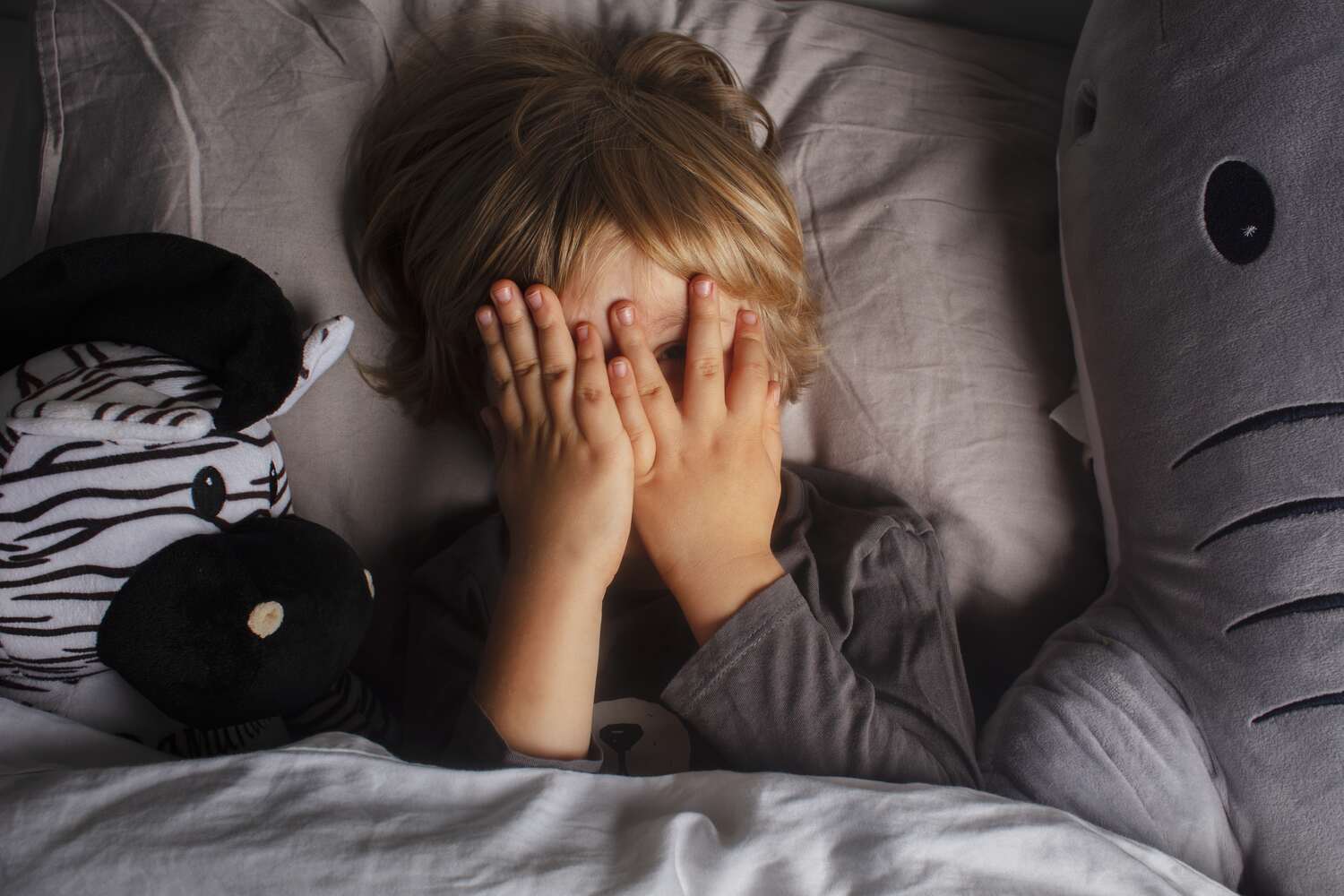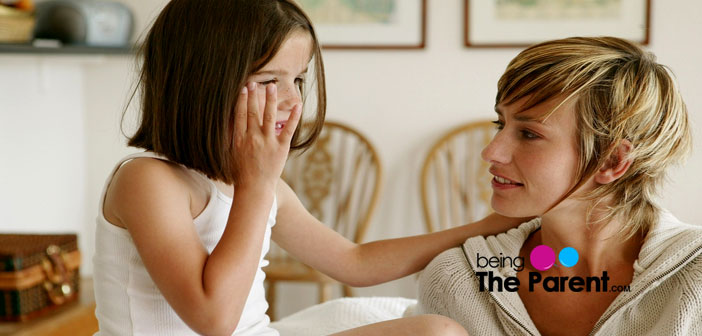
Fear, anxieties and phobias are quite normal in children. Well, even as adults, we also get anxious and afraid of things, people and situation. So it is no wonder that your child – fragile, small and helpless – has his share of phobias. Before we get into how to help your child get rid of his fears, it is important to understand that being afraid is normal and many at times helpful. If your child is scared, then he will try to stay safe from whatever he is scared of. For instance, if he is scared of fire, he would not go near it, which is a good outcome.
What Are Some Age-related Fears And Phobias?
The fears and phobias evolve with age. What made your child anxious as a toddler might make him laugh as a teenager. Here are the nature of the fears at different ages:
- Babies usually have stranger anxiety. This starts as early as six months when they start recognizing people around them. They might cling to parents when in a big group and cry inconsolably if a stranger picks them up
- Toddlers have separation anxiety. This is also the time you might want to leave your baby at a play school, day care or send him on a playdate. They become distressed and anxious when parents leave them
- Preschoolers/primary school going kids are scared of unreal things. Thanks to some of the imaginative stories we read to them and they see on TV, kids in the age group of 4-6 years are exposed to the concept of ghosts, zombies, demons and monsters – relating to fears of darkness and thunder. Some of us also do the mistake of scaring them with warnings such as “boogeyman will come and get you if you do not finish your dinner”. All these add on to the fear of unreal things at this age
- Bigger children are scared of real life circumstances. They could be scared of bullying, getting hurt, getting lost, meeting with an accident, getting kidnapped, facing natural disasters and so on. Kids who are over 7-8 years of age are intelligent enough to understand the real dangers around them
So, as we said earlier, fears keep evolving. But one fear gets replaced by another and there is really no time other than infancy when the child is really not scared of anything. Which brings us to the next important question:

How Can You Help Your Child Get Rid Of His Fears?
The following 10 tips might prove useful as you are trying to help your child overcome his fears:
- Acknowledge the fear: You need to understand your child’s fear. However irrelevant it might sound to you, you need to fully believe that your child’s fear is very real for your child. If your child feels you do not understand his fear, he will not talk to you about it. When he does not discuss it, the fear becomes more powerful.
- Do not belittle your child’s fear: Labelling your child’s fear as ‘stupid’ or ‘ridiculous’ is very counterproductive. Your child might suppress his fear so that he would not get belittled by you. But the fear will remain and grow, not disappear
- Do not feed on to the fears: As important as not belittling his fear is not catering to them. If your child is scared of strangers, then never taking him to parties will not feed the purpose. Similarly, if your child is scared of dogs, then carrying him every time he spots a dog on the road is also not a good idea. Such actions reinforce your child’s beliefs that the danger is real and strangers/dogs need to be afraid of
- Talk to your child: Sit down with your child and ask him to explain his fear to you. Why is he afraid? How does he feel when he is scared? Show empathy and gentleness as he explains his fear to you. Tell him how you were also afraid of things when you were a child. Being able to discuss his fear openly will also reduce the magnitude of his fear
- Give the right message: Messages like “don’t be scared” or “look, your friend is not scared, only you are” or “do not act like a baby” are all wrong messages. If you say these, your child will be ashamed and will stop sharing his fears with you. Tell them it is ok to be scared. Tell them you understand how it is to have a phobia. Assure them they can come to you with their fears any time

- Do not force the fear out of them: We told you not to cater to your child’s fear before. The other extreme is to push your child into situations which your child is afraid of. This is bad too. Give your child time to cop up and deal with his fears
- Model being brave: Your child learns by watching you. If you get freaked out often, he will learn that by watching you. If you are brave, your child will be too. If you jump and shriek every time he goes to the kitchen, then he will associate kitchen with something he should be freaked out about. Such reactions need to be avoided
- Help them differentiate between what is real and unreal: Explain to your child clearly that they need not be scared of fantasy characters. Explain that monsters and demons exist only in TV and book and not under the bed
- Teach coping techniques: Teach them to repeat positive and encouraging statements like “I can do it” and “I will be ok” when he is in situation that makes him very scared. Relaxation techniques like breathing exercises and visualization techniques where the child imagines something happy and positive are also good coping techniques
- Make sure your child knows he is loved and cared for: What is important among all these tips and techniques is to ensure your child knows that he is loved and cared for. Tell him repeatedly that he will be protected
What kind of fears and phobias your child had? And how did you help them overcome those?

